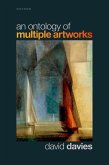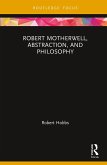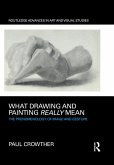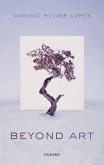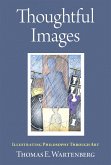These essays, half of them appearing here for the first time, address issues concerning the two key singularities that Kant identified in aesthetics: artistic creativity and aesthetic judgement. Ranging from Kant himself to contemporary debates, from song to conceptual art, from ethics to atheism, from function to failure, Aaron Ridley explores the ways in which the one-off character of creativity and judgement may defy our ordinary expectations of what an explanation should be like. Intended equally for specialists and students, this collection offers a distinctive approach to aesthetics that will be of interest to any reader concerned with philosophical reflection upon the arts.
Dieser Download kann aus rechtlichen Gründen nur mit Rechnungsadresse in A, B, BG, CY, CZ, D, DK, EW, E, FIN, F, GR, HR, H, IRL, I, LT, L, LR, M, NL, PL, P, R, S, SLO, SK ausgeliefert werden.



